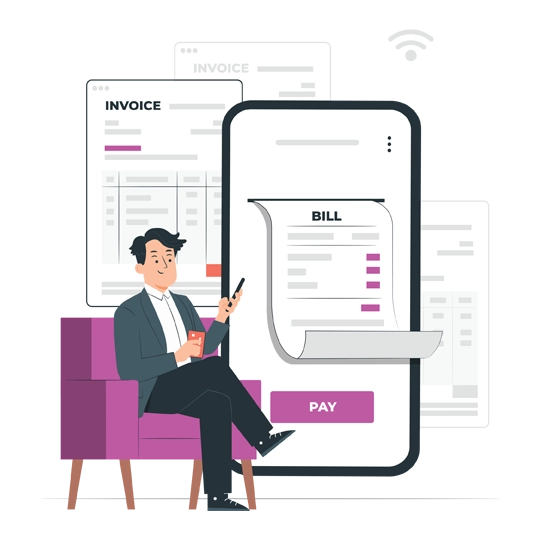










Since implementing this billing software, our invoicing process has become incredibly efficient. What used to take hours now takes minutes. The automation features save us so much time!
To learn more about our billing software, bill365, follow our blog page.
